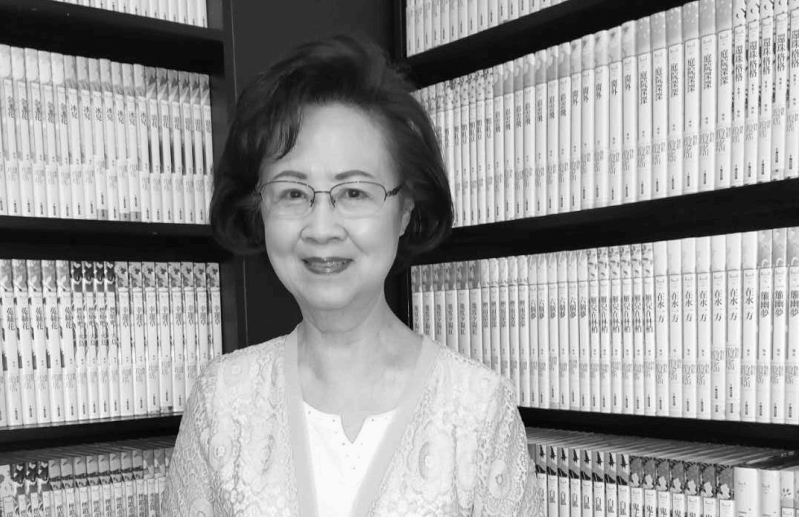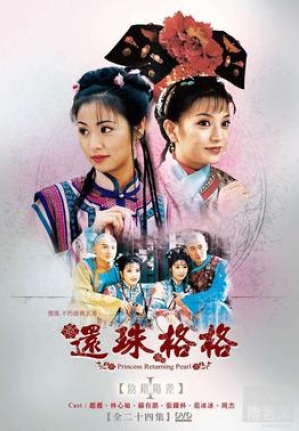
Chiung Yao (琼瑶) recently passed away by suicide, leaving behind a letter explaining her decision to die with dignity. Her death has left Chinese society in shock at the premature loss of this literary, entertainment, and cultural icon. While Chiung Yao's influence on contemporary Chinese culture is undeniable, her name may be unfamiliar to Western audiences. As her funeral concludes, here is a recap of her legacy.
Her works depict an idealized love that makes life worth living, captivates readers with dramatic plot twists, and enchants with poetic prose that blends classical literature with contemporary appeal. As such, of the over 70 novels she authored, more than 55 were adapted into films, and 34 into television dramas, creating a genre known as Qiong Yao Dramas (琼瑶剧). These adaptations often aired during prime time in the Chinese golden age of television and became cultural staples from the 1970s through the 1990s.

Landmark productions like Romance in the Rain (情深深雨濛濛) and My Fair Princess (还珠格格) attracted massive audiences. My Fair Princess achieved a record-breaking 62.8% viewership rating, or 300 million viewers per episode, in mainland China, making it one of the most-watched dramas in Chinese television history.
Chiung Yao's works have faced modern scrutiny for their romanticized portrayals of love and moral dilemmas, with critics accusing them of leading younger generations astray by creating skewed expectations of romantic fulfillment. They argue that her narratives often reinforce outdated gender norms and unhealthy relationship dynamics. More contemporary audiences also often parody her style of storytelling and motifs. Despite these shifting societal values, this criticism does not diminish her historic cultural significance.
In many ways, Chiung Yao was to Chinese entertainment what Taylor Swift is to pop music. Her body of work remains a cornerstone of Chinese media, celebrated for its enduring legacy and economic impact. At the time of her passing in 2024, her estimated net worth was around 2.5 billion yuan (approximately 350 million USD).






